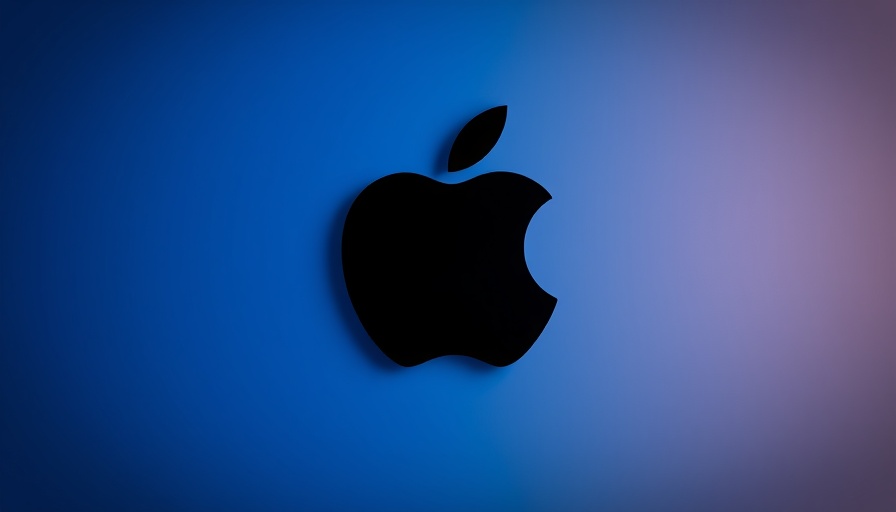
Understanding the Lawsuit Against Apple’s AI Initiative
A recent class action lawsuit against Apple, initiated by neuroscientists Susana Martinez-Conde and Stephen Macknik, has ignited discussions on the intersection of artificial intelligence and copyright.
The plaintiffs argue that Apple unlawfully used thousands of copyrighted books, including their own works, to train its Apple Intelligence AI model. They assert that Apple relied on what they call 'shadow libraries'—illegal repositories of pirated content—to gather training data for its AI technologies involved in the iOS ecosystem, primarily impacting iPhones and iPads.
The Growing Trend of Copyright Lawsuits in Tech
This lawsuit is not an isolated incident. It reflects a broader trend of copyright infringement claims against tech companies harnessing AI. From OpenAI to Meta Platforms, numerous companies are facing scrutiny for their practices, highlighting the challenges of navigating copyright laws in the rapidly evolving AI landscape. With many entities experimenting with AI training models, copyright owners are increasingly protecting their intellectual property rights.
The Impact of AI on Business Owners
For small and medium-sized business owners, understanding the nuances of the ongoing legal battles surrounding AI and copyright is essential. As AI becomes integral to various sectors, it is vital to ensure compliance with copyright laws and ethically source training data. Failure to do so could lead to significant legal consequences, including costly lawsuits that can drain resources and divert attention from core business functions.
How Businesses Can Navigate AI Usage
As AI technologies continue to advance, entrepreneurs should take proactive steps to ensure they are well-informed and safeguarded. Key strategies include:
- Research Legal Guidelines: Familiarize yourself with copyright laws applicable to your industry and how they relate to AI.
- Consider Licensing: Whenever possible, license content instead of using it without permission. This can reduce the risk of legal disputes.
- Stay Informed: Keep an eye on current events and trends affecting AI, as legal standards are still developing and evolving rapidly.
What This Lawsuit Could Mean for Future AI Developments
The outcome of this lawsuit may set a significant precedent, affecting how tech companies approach AI training in the future. If the court rules in favor of the neuroscientists, it could encourage stricter regulations on the use of copyrighted materials in AI training, promoting a more ethical framework for AI advancements. For business owners, this may ultimately lead to more transparent practices, creating a safer environment for innovation.
 Add Row
Add Row  Add
Add 










Write A Comment